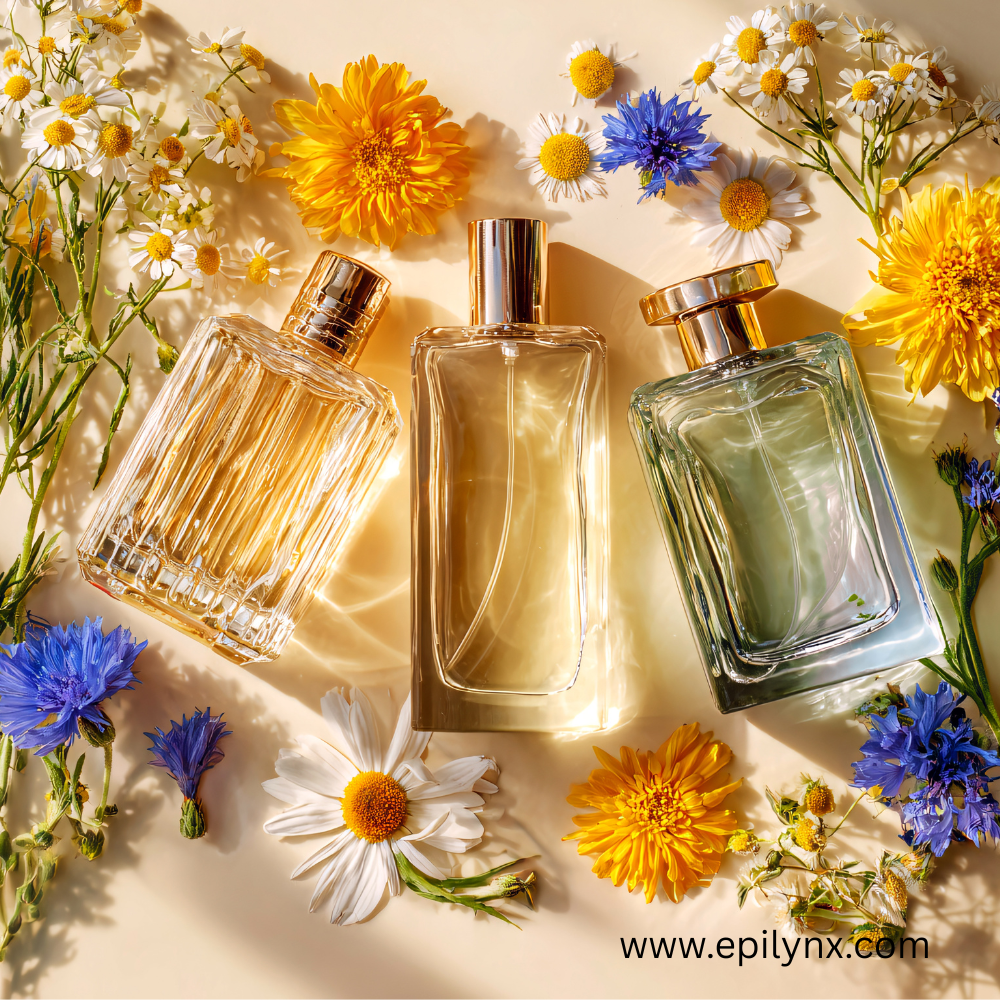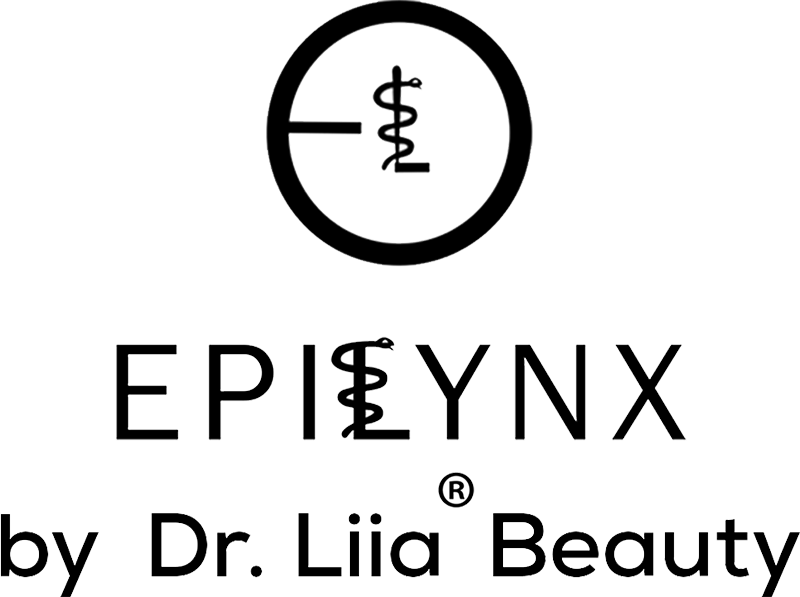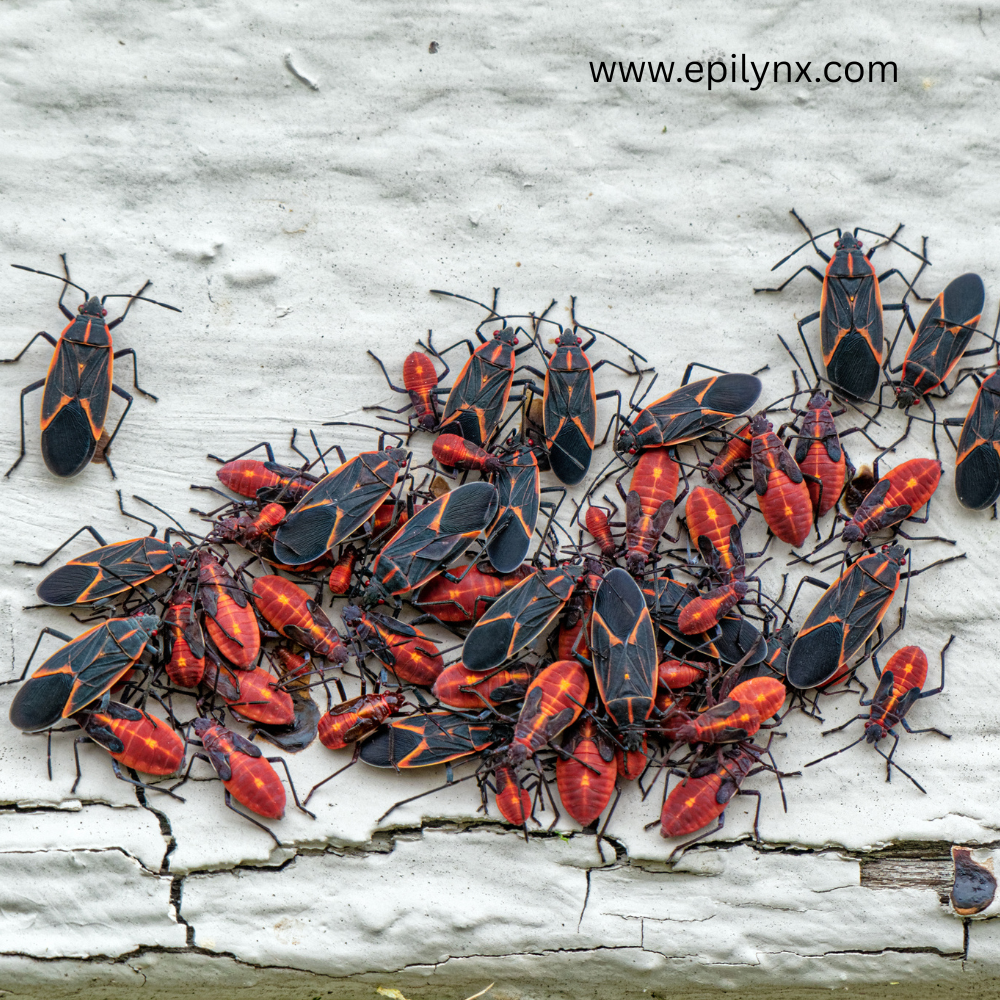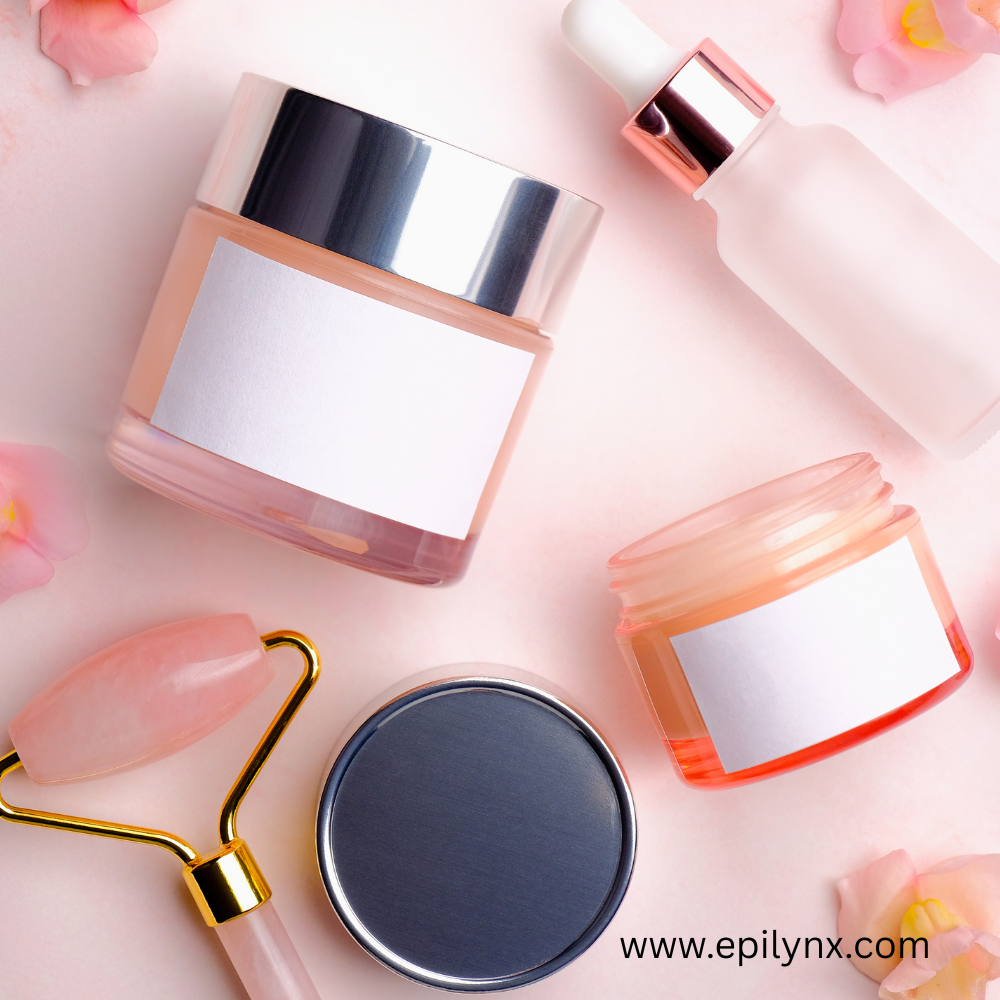
Fragrance-Free Isn’t Really Fragrance-Free (Here’s Why)
The Fragrance-Free Lie
You’re shopping for skincare, your skin is sensitive, and you see the label: “Fragrance-Free.” Instant relief, right?
Not so fast.
Here’s the dirty little secret: “fragrance-free” doesn’t always mean fragrance-free. In fact, it can still contain masking agents, allergens, and chemicals your skin definitely won’t thank you for.
Let’s peel back the label and see what’s really going on.
The Problem With Fragrance in Skincare
Fragrance = one of the most common causes of allergic reactions.
-
Can trigger redness, rashes, itching, or hives
-
Linked to eczema flare-ups
-
Often a mix of hundreds of chemicals (not disclosed)
📌 Translation: “fragrance” is basically the mystery meat of skincare.
What Does “Fragrance-Free” Really Mean?
Here’s the twist:
-
Fragrance-Free = no added fragrance for scent, but… may still contain masking agents to cover up chemical smells.
-
Unscented = product may still include fragrance chemicals that neutralize odors, but don’t create a smell.
-
No Added Fragrance = vague. Could still mean chemicals are there—just not detectable to your nose.
📌 Bottom line: “fragrance-free” ≠ free of fragrance chemicals.
The Sneaky Language of Labels
Look for these words that sound safe but aren’t:
-
“Natural fragrance” → still fragrance.
-
“Botanical essence” → often allergenic plant extracts.
-
“Parfum” → catch-all term that hides up to 3,000 chemicals.
📌 If it smells like roses, chances are it’s not just “rose water.”
Dr. Liia Perspective
“Fragrance is one of the top causes of allergic contact dermatitis. Patients with sensitive skin should avoid it completely—but unfortunately, ‘fragrance-free’ labels can be misleading.”
Common Allergens Hiding in “Fragrance-Free” Products
Even when labeled fragrance-free, products can sneak in:
-
Essential oils (lavender, citrus, peppermint = common irritants)
-
Masking agents (chemicals that neutralize odor but don’t smell)
-
Botanical extracts (natural, but still allergenic for many)
📌 Natural doesn’t mean safe—poison ivy is natural too.
Why Sensitive Skin Needs More Than “Fragrance-Free”
Sensitive skin = weaker barrier + higher reactivity.
What you really need is:
✅ Allergen-Safe = no gluten, nuts, soy, dairy, fragrance, or animal by-products.
✅ Transparent labeling = no “mystery ingredients.”
✅ Simple formulas = fewer ingredients = fewer risks.
📌 “Fragrance-free” is step one. Allergen-safe is the real solution.
Section 7: How to Shop Truly Fragrance-Free (and Allergen-Safe)
-
Read ingredient lists, not labels. Look for parfum, fragrance, essential oils.
-
Be cautious of “natural fragrance.” Plants can be irritants too.
-
Patch test new products. Especially if you have eczema or rosacea.
-
Stick with allergen-safe brands. If they don’t hide gluten, nuts, or dairy, they won’t hide fragrance either.
Section 8: FAQs on Fragrance-Free Products
Q: Is fragrance always bad?
A: Not for everyone—but for sensitive or allergy-prone skin, it’s one of the top triggers.
Q: What’s the difference between fragrance-free and unscented?
A: Both can contain fragrance chemicals. “Fragrance-free” is safer, but not foolproof.
Q: Are essential oils safer than synthetic fragrances?
A: Not necessarily—lavender and citrus oils are some of the most common irritants.
Q: How do I know if a product is truly safe?
A: Look for allergen-safe labels (gluten-free, nut-free, soy-free, fragrance-free, vegan, cruelty-free).
Because “free of hidden chemicals” should mean exactly that.
Final Thought
Fragrance-free labels sound comforting, but the truth is—they’re often just marketing tricks.
Sensitive skin doesn’t need marketing. It needs honesty, transparency, and allergen-safe products.
Because real beauty shouldn’t come with a side of mystery chemicals.
✨ Ready for skincare that’s truly fragrance-free (and allergen-safe)? Explore the EpiLynx Fragrance-Free Collection and give your skin the calm it deserves.


